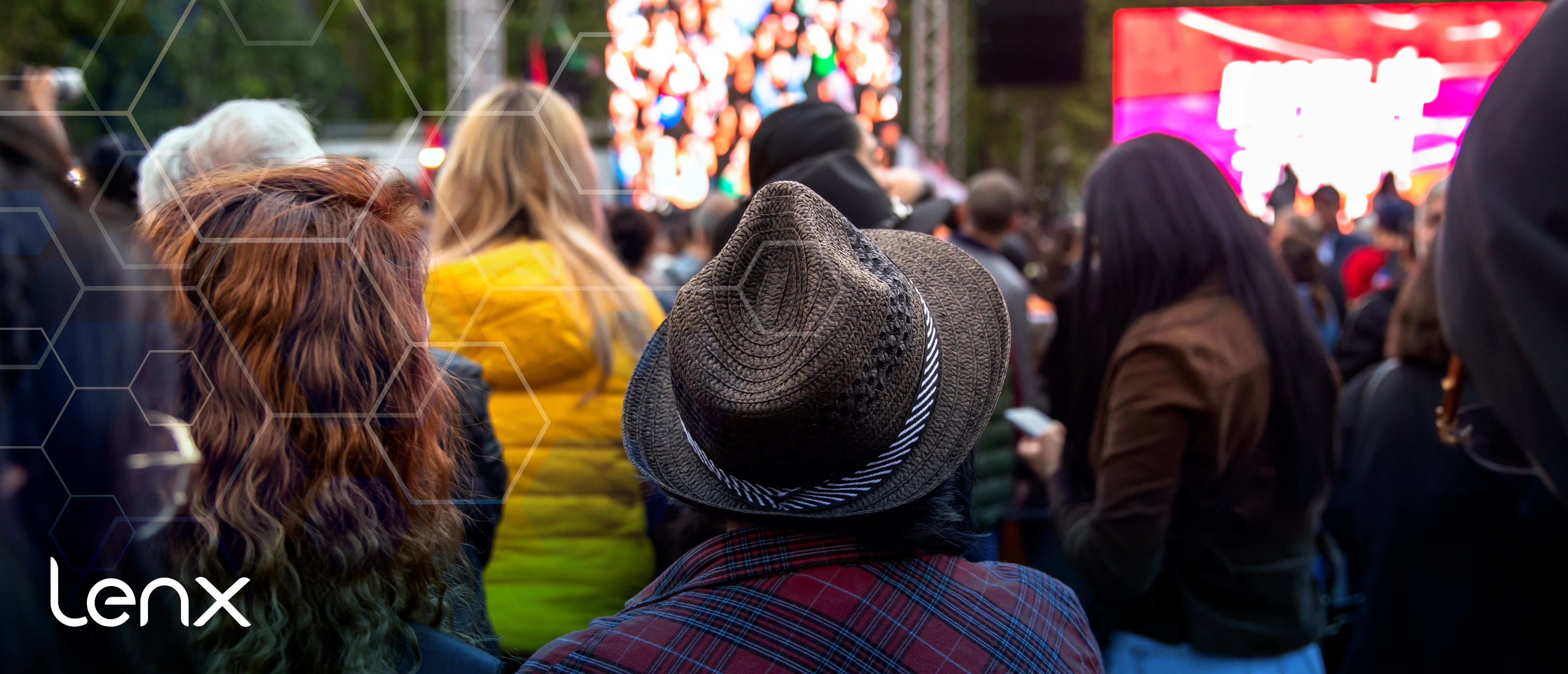
Protecting Areas Where Large Crowds Are Expected With AI Security, Active Shooter Detection
In an era where public safety is a growing concern, technology offers promising solutions. AI security, particularly for large crowds, is one such advancement.
This technology is not just about surveillance. It's about proactive threat detection, including active shooter scenarios. AI can analyze real-time data, identify potential threats, and alert authorities swiftly.
The applications are vast, from schools to public events. AI security can enhance existing infrastructure, manage crowds, and even differentiate between weapon types.
In this article, we delve into the world of AI security for large crowds, its benefits, challenges, and future prospects.
The Rise of AI Security in Public Safety
AI security is revolutionizing public safety measures. It's not just about monitoring, but about analyzing and predicting threats.
These systems can handle large volumes of data. They can identify unusual patterns, aiding in keeping crowds safe.
AI also plays a crucial role in object identification. It can track objects in a crowd, enhancing security measures.
However, the rise of AI security also brings ethical implications. Privacy concerns need to be addressed as we move towards a more AI-driven security approach.
How AI Gun Detection Enhances Security Measures
AI gun detection technology is a game-changer in security. It can differentiate between various types of weapons, enhancing threat detection.
This technology works in diverse lighting and weather conditions. It's not limited by human factors like fatigue or distraction.
AI gun detection can be integrated into existing security infrastructure. This allows for enhanced monitoring and quicker response times.
However, training AI systems with diverse data sets is crucial. This ensures accuracy and reduces the chances of false positives.
Active Shooter Detection Systems in Schools and Public Spaces
Active shooter detection systems are increasingly being used in schools. They aim to improve student safety and provide peace of mind.
These systems use AI to recognize guns and alert authorities. This can significantly reduce response times during an incident.
Active shooter alarm systems can also be connected to public address systems. This allows for immediate lockdown procedures to be initiated.
However, the ethical implications of such systems, such as privacy concerns, need to be addressed.
The Role of AI Security Apps in Threat Detection
AI security apps are a crucial part of modern threat detection. They can be integrated into existing security infrastructure, enhancing monitoring capabilities.
These apps can manage and analyze large volumes of data. They identify unusual patterns, contributing to proactive safety measures.
However, for accuracy and reducing false positives, these AI systems need to be trained with diverse data sets.
Ethical Considerations and Privacy in AI Security
The use of AI in security raises ethical questions. Privacy concerns are at the forefront of these discussions.
While AI security systems can enhance safety, they also have the potential to infringe on personal privacy. Balancing these two aspects is a challenge.
Regulations and standards governing the use of AI in security applications are crucial to address these concerns.
The Future of AI Security for Large Crowds
The future of AI security for large crowds looks promising. With continuous training and evolution, AI systems can adapt to changing threat landscapes.
Integration with other smart city technologies can further enhance the effectiveness of these systems. This will contribute to safer crowd environments.
Conclusion: Embracing AI for Safer Crowd Environments
Embracing AI security is a step towards safer crowd environments. It's a cost-effective solution that can significantly reduce the workload on human security personnel.
With its ability to detect threats and coordinate with emergency services, AI security is a game-changer in public safety.

